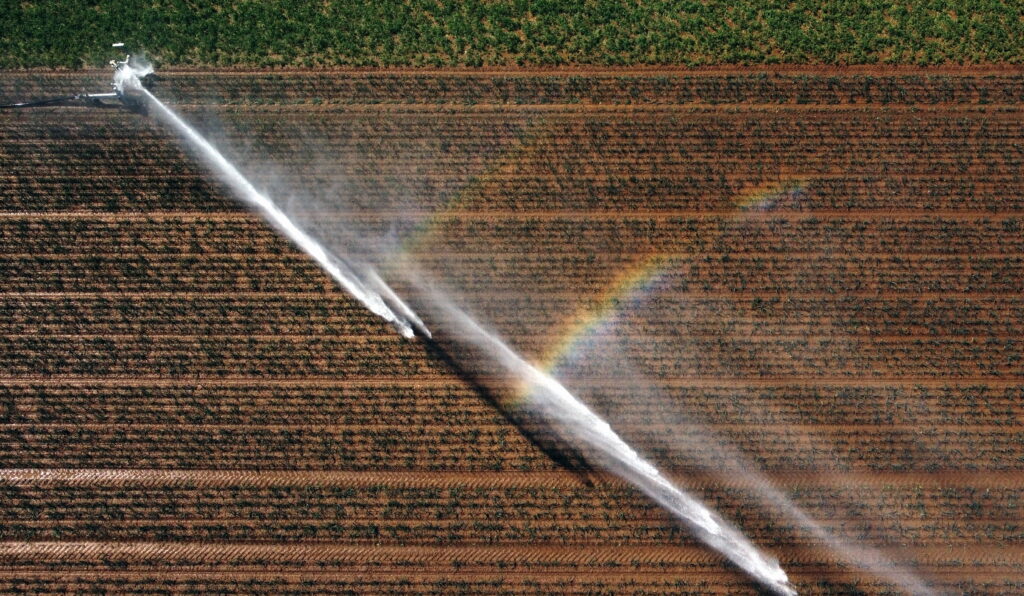The effects of climate change in Belgium will see food prices increase, especially during the summer, a study by the National Bank of Belgium (NBB) showed.
Supermarket prices shooting up has frequently made headlines in Belgium, initially driven by Russia's assault on Ukraine and then the subsequent energy crisis, which pushed up production process costs. Many producers capitalised off the crisis by deliberately keeping prices high, expecting consumers to mistake it for real inflation ("shrinkflation").
Now, experts from the NBB have pointed to a new threat to the cost of groceries: the environment. "Climate change is affecting Belgium through rising average temperatures, higher precipitation intensity and more frequent and intense extreme weather events, such as floods and heat waves," an NBB report read.
The estimated increase in the number of periods with temperatures above the historical average in Belgium, will "have a moderate upward effect on food inflation": in other words, higher food prices. "That perceived impact on agricultural yields affected food prices in the euro area, which have risen faster than overall inflation since the introduction of the euro." Its findings were based on a theoretical extrapolation of existing studies.
Effects in Belgium and abroad
The impact of such phenomena is already having physical effects on food production. Belgium's exceptionally wet 2024 has weakened soil, and is expected to result in the second year of "catastrophic" harvests. Meanwhile, polar opposite events such as heatwaves and droughts have caused significant crop damage, with repercussions throughout the food supply system.
"We expect a larger impact during the summer months," the experts added. On the one hand, experts pointed to the expected further increase in the frequency and intensity of heat waves and droughts in Belgium, which negatively impact harvests, leading to lower supply and therefore driving up prices.

A flooded potato field. Credit: Belga/ Jonas Roosens
On the other hand, as Belgium imports a significant share of its food from neighbouring countries, as well as from Italy and Spain, where climate change is expected to affect food prices more strongly, experts noted.
As a consequence, Belgium could "face even higher food inflation through trade". The NBB pointed to the cost of coffee and olive oil prices, which have risen sharply in recent years. This has been due to low supply after caused by extreme weather conditions in the main supply countries caused poor harvests.
Experts noted that volatile agricultural commodity prices are not a new phenomenon. "But the expected continuation of global warming until at least 2050 and the increasing frequency and intensity of extreme weather events, together with strong demand, are likely to lead to higher food prices."
They argued that, despite previous warnings about the risk of climate change on agriculture, adaptation has not been sufficient. One solution in the face of drought and extreme heat could be adapting the seeds for the new climate conditions. Developing improved systems to collect rainwater and experimenting with regenerative agriculture to improve soil health are also being tested in Belgium.

